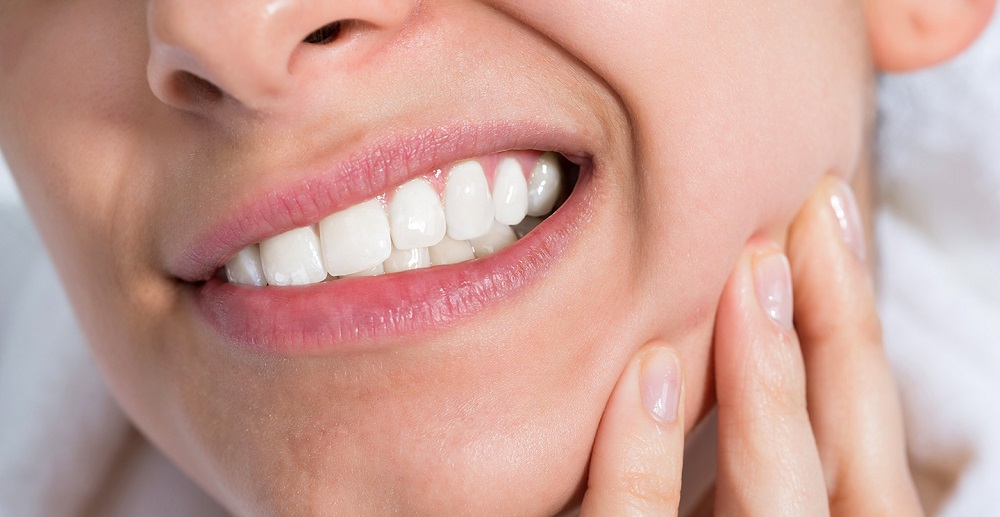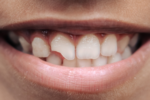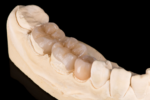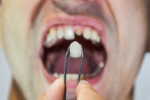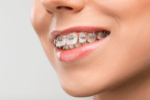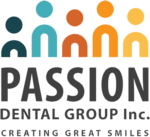Nobody plans to see an emergency dentist first thing in the morning. These types of appointments are often associated with a high risk of irreversible tooth loss, significant gum bleeding, or excruciating tooth pain.
Visit a dentist near you right away if you have a dental emergency. Problems can arise abruptly, like when a tooth is knocked out playing sports, or they can arise gradually, like when a tooth becomes infected. So how do you safeguard your teeth and gums to lessen the likelihood of oral problems?
1. Maintain an Excellent Oral Care Regime
At the very least, brush twice a day. Brush the first thing when you wake up and before sleeping. You can ensure that every tooth’s exterior is thoroughly cleaned by brushing for a minimum of two minutes. Although manual brushes are preferable to electric ones, you can use your smartphone or a tiny timer that you store in the restroom if you prefer to use one of the latter.
2. Continuous Dental Pain
An oral pain that doesn’t go away could be a sign of a cavity, a filling that is leaking or falling out, or both. The temptation to ignore tooth pain if it goes away exists, although it is always a sign that something is awry. Please abstain from doing this because, in rare cases, a severe tooth infection can cause the end of the tooth nerve, giving the impression that the infection has reduced when, in fact, this is not likely without professional dental care. Your chances of keeping your teeth are better the earlier you visit the dentist.
Additionally, keep an eye out for any modifications in your oral tissues or gums, which have the insides of your cheeks and lips also the roof, tongue and floor of your mouth. Any wounds, mouth sores, or ulcers that don’t heal properly should be examined by a medical expert.
3. Replace Your Toothbrush Regularly
Typically once every three months, or more often if it starts to appear worn or splayed. When it’s time to change your brush, you can easily tell by looking at the wear that is normally incorporated into electric toothbrush heads. It is a false choice to use a worn-out toothbrush to scrub your teeth when a new one only costs a few dollars.
4. Interdental Cleaning
The easiest way to clean in between your teeth is with dental floss, but you can also use interdental brushes, gentle picks, or a Waterpik. Some of your tooth surfaces are not properly cleaned when you don’t floss every day, which significantly increases your chance of gum disease and tooth decay. Who routinely flosses and who doesn’t can always be determined by the dentist! You can reach out to your dentist in Mill Bay for help if you are having problems when cleaning your teeth.
5. Reduce Sugar Intake
Your mouth becomes more acidic if you frequently snack on sweet foods. Because the microbes already present in your tongue use these sugars as fuel and produce a weak acid as a byproduct, this is the case. The acid attack weakens your dental enamel because it loses some essential minerals.
Repeated acid attacks on your dental enamel will cause more damage, which will eventually result in cavities. pH levels need 30 to 60 minutes to return to normal after eating. To reduce the amount of time your tongue is acidic and the risk of tooth damage, include sweet treats in your main meal rather than snacking on them.
Invest in Dental Care with Mill Bay Dental Health and Implant Centre
Dental problems can have a crippling effect. They hurt, harm people over time, and occasionally necessitate pricy, invasive dental operations. You can lessen the likelihood that you’ll need an emergency dentistry near you by practicing preventive care. Reach out to emergency dentistry in Mill Bay to book an appointment today!

